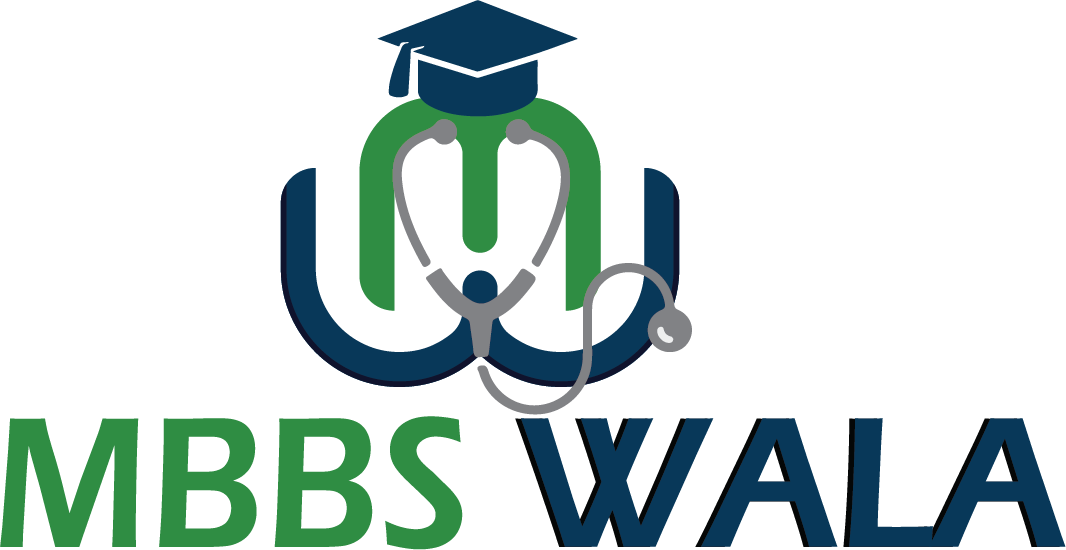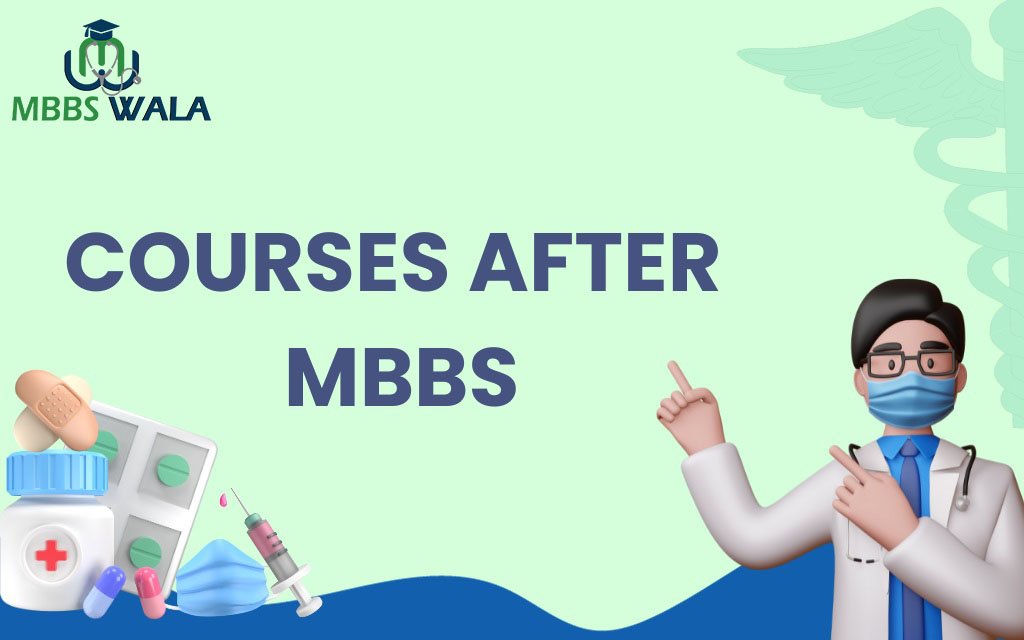Posted On: June10, 2024
After completing an MBBS degree, graduates can pursue further studies and specialization to advance their careers in medicine. Here’s an in-depth look at the postgraduate options, super-specialization opportunities, comparative analysis of different specializations, and the process and benefits of super-specializing.
Postgraduate Options
-
Doctor of Medicine (MD) and Master of Surgery (MS):
- MD: A postgraduate degree in medicine, focusing on non-surgical fields such as internal medicine, pediatrics, and psychiatry.
- MS: A postgraduate degree in surgery, focusing on surgical specialties such as general surgery, orthopedics, and obstetrics and gynecology.
- Duration: Typically 3 years.
-
Diplomate of National Board (DNB):
- Equivalent to MD/MS: Awarded by the National Board of Examinations (NBE) in India. Recognized as equivalent to MD/MS by the Medical Council of India (MCI).
- Specializations: Available in a wide range of medical and surgical disciplines.
- Duration: Typically 3 years.
-
Postgraduate Diplomas:
- Focus: Shorter courses compared to MD/MS, focusing on specific areas like anesthesiology, obstetrics and gynecology, and emergency medicine.
- Duration: Typically 1-2 years.
Super-Specialization and Fellowships
-
Doctorate of Medicine (DM) and Master of Chirurgiae (MCh):
- DM: Super-specialization in medical fields like cardiology, gastroenterology, and neurology.
- MCh: Super-specialization in surgical fields like cardiothoracic surgery, neurosurgery, and urology.
- Duration: Typically 3 years.
-
Fellowships:
- Objective: Provide advanced training in highly specialized areas of medicine and surgery.
- Programs: Offered by medical institutions and hospitals globally in various fields like pediatric cardiology, interventional radiology, and oncology.
- Duration: Varies from 1 to 3 years.
Comparative Analysis of Different Specializations
-
Internal Medicine vs. Surgery:
-
Internal Medicine: Focuses on diagnosis and non-surgical treatment of diseases. Requires strong analytical and diagnostic skills.
- Pros: Broad scope, less physically demanding, opportunities in various sub-specialties like cardiology and endocrinology.
- Cons: Can involve long hours and high-stress situations, especially in acute care settings.
-
Surgery: Involves performing surgical procedures to treat diseases and injuries. Requires precision, hand-eye coordination, and stamina.
- Pros: Highly rewarding, immediate impact on patient health, various sub-specialties like orthopedics and neurosurgery.
- Cons: Physically and mentally demanding, requires long and irregular hours, high responsibility and stress levels.
-
Internal Medicine: Focuses on diagnosis and non-surgical treatment of diseases. Requires strong analytical and diagnostic skills.
-
Clinical vs. Non-Clinical:
-
Clinical Specializations: Direct patient care, including fields like dermatology, psychiatry, and pediatrics.
- Pros: Direct patient interaction, high job satisfaction, opportunities for private practice.
- Cons: Requires continuous patient engagement, can be emotionally demanding.
-
Non-Clinical Specializations: Focus on areas like medical research, public health, and healthcare administration.
- Pros: Regular hours, less direct patient responsibility, opportunities in academia and research.
- Cons: Less patient interaction, may require additional qualifications like MPH or PhD.
-
Clinical Specializations: Direct patient care, including fields like dermatology, psychiatry, and pediatrics.
The Process and Benefits of Super-Specializing
-
Process:
- Entrance Exams: Qualify through competitive exams like NEET-SS (India) or other country-specific super-specialization entrance exams.
- Selection: Based on merit and performance in the entrance exams.
- Training: Enroll in a DM/MCh program or a fellowship in a recognized medical institution.
- Certification: Upon completion, receive certification as a super-specialist in the chosen field.
-
Benefits:
- Expertise: Gain in-depth knowledge and skills in a specific area, becoming an expert in that field.
- Career Opportunities: Increased job opportunities, especially in tertiary care centers, academic institutions, and specialized clinics.
- Higher Earning Potential: Super-specialists often have higher earning potential compared to general practitioners and even some specialists.
- Professional Satisfaction: Enhanced job satisfaction from dealing with complex cases and making significant contributions to patient care and medical science.
- Academic and Research Opportunities: Greater opportunities for involvement in academic teaching and cutting-edge research, contributing to advancements in the field.
Conclusion
Post-MBBS, pursuing further studies and specialization opens up a plethora of career opportunities. Whether choosing MD/MS, DNB, or postgraduate diplomas, each path offers unique advantages. Super-specializing through DM/MCh or fellowships provides even more focused expertise and advanced career prospects, ensuring that medical professionals can continue to grow, excel, and make impactful contributions to the healthcare industry.

